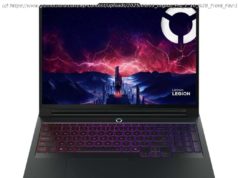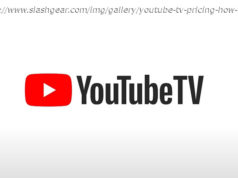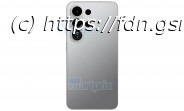People recognize Lyft because of the pink mustache, but the company is swapping out that logo in cars with a device that can help drivers and passengers.
Lyft’s fuzzy pink mustaches were an effective marketing tool in the early days of ride hailing.
Now the company is turning the ornament, which had migrated from car hoods to driver dashboards, into a useful piece of hardware for connecting drivers and passengers.
In Lyft’s top 60 markets, some drivers are using a digital device called Amp that’s designed to be « the foundation of a new in-car experience for Lyft riders, » said Ethan Eyler, Lyft’s director of ride experience, in an interview.
Amp, a two-way communications tool 18 months in the making, is set for wider release later this year, said Eyler, who oversaw the latest redesign and invented the original mustache in 2010, even before he joined Lyft.
The new pill-shaped gadget has a screen that outwardly projects one of seven colors. Passengers know it’s their car if it matches the color on their app.
Amp is already improving pickup times and reducing cancellation rates and, if it works as planned, could help Lyft c lose the gap with Uber.
While Lyft has grown steadily in the last five years and is valued in private markets at $7.5 billion, the San Francisco-based company has been overshadowed by crosstown rival Uber, which is valued at $69 billion.
Yet Uber’s recent litany of legal troubles, including a criminal investigation into its business practices and lawsuits from employees alleging discrimination, have given Lyft an opening to make up some ground.
A Lyft spokesman said the company entered 131 new markets in the first quarter of this year and provided customers with 70 million rides. The company in April raised another $500 million to fund its expansion efforts.
Lyft is counting on Amp to differentiate its user experience from Uber’s. In addition to the outward-facing screen for passengers, the device has a screen that faces drivers and can alert them to a customer’s name or can indicate if a major event is happening in the area.
The two-screened approach will make it easier for riders to know which Lyft to enter, eliminating the « pain point of the last 50 feet, » said Eyler.
By sending visual alerts, Amp also allows the hearing-impaired to drive and entices drivers to pick up more fares by telling them how many more rides they need to earn a bonus.
Ultimately, the screens will glow in custom colors, such as blue and yellow for fans of the Golden State Warriors or in a rainbow during gay pride parades in some cities, according to Eyler.
The design process was laborious because the dashboard of a car is a « harsh environment, » he said. Devices have to endure freezing temperatures in winter and scorching heat during the summer.
The battery is meant to last eight to 10 hours, the duration of a full-time driver’s shift.
Eyler invented what he calls « the original fuzzy carstache » as a side project that predated Lyft. The idea went viral in part because of a tweet from reality TV star Khloe Kardashian.
Soon, Lyft co-founder John Zimmer had purchased 30 of them for his early investors and partners. He later hired Eyler.






